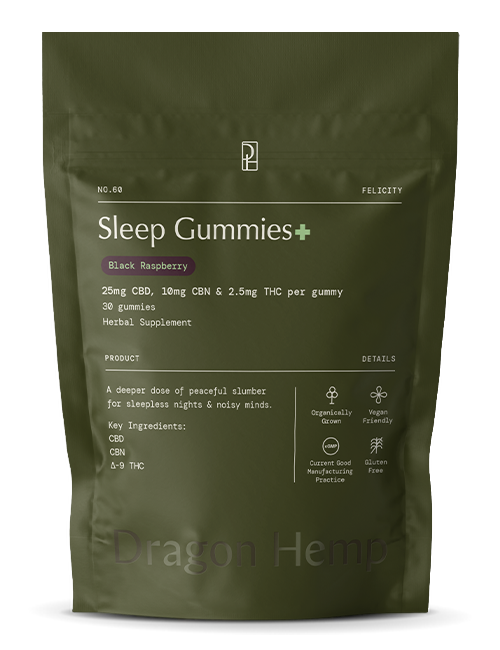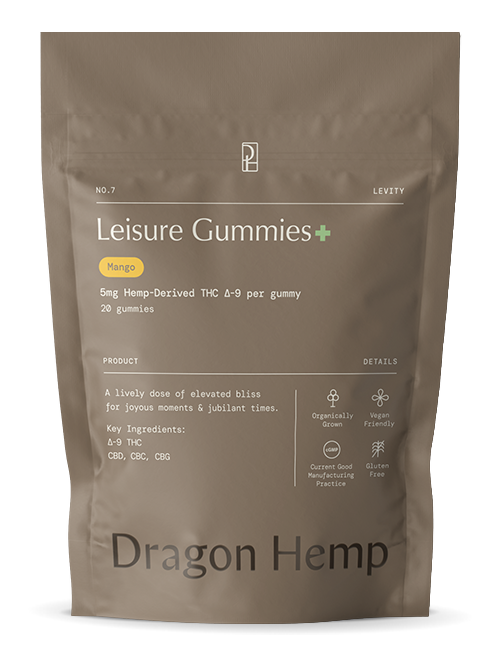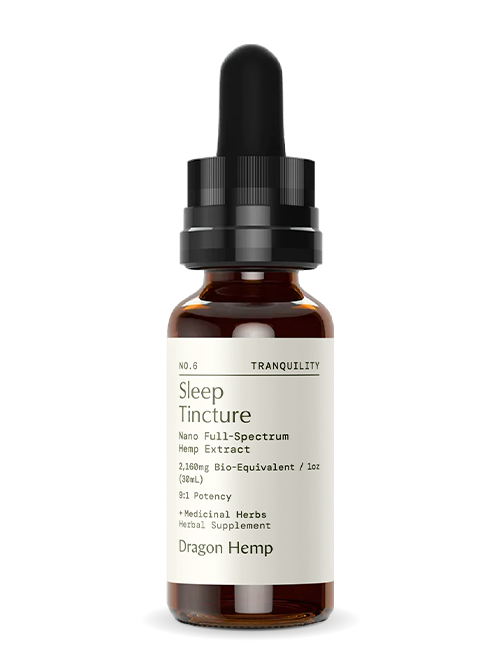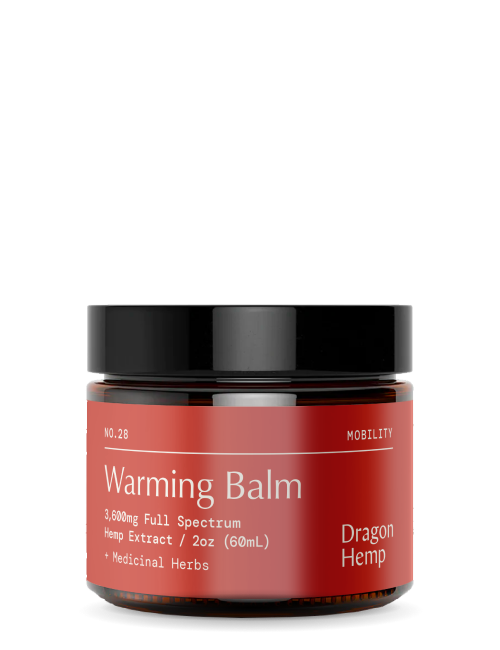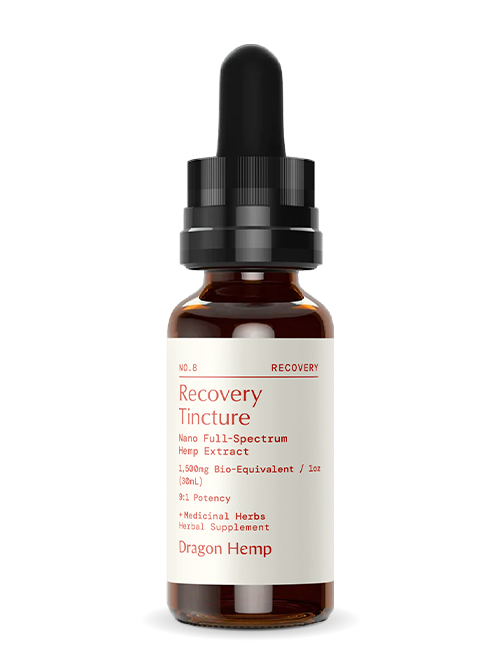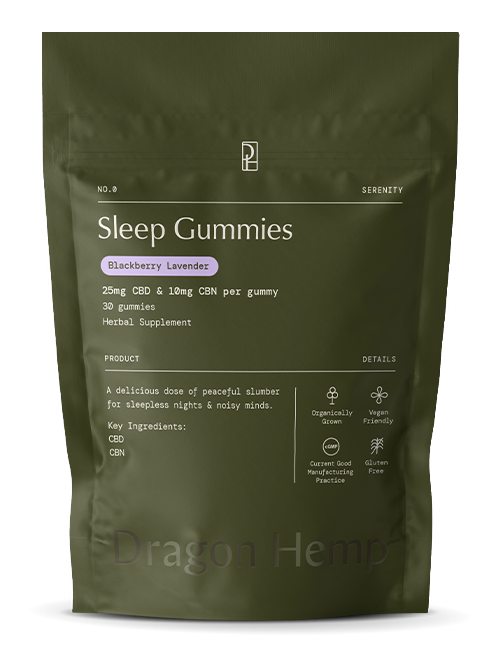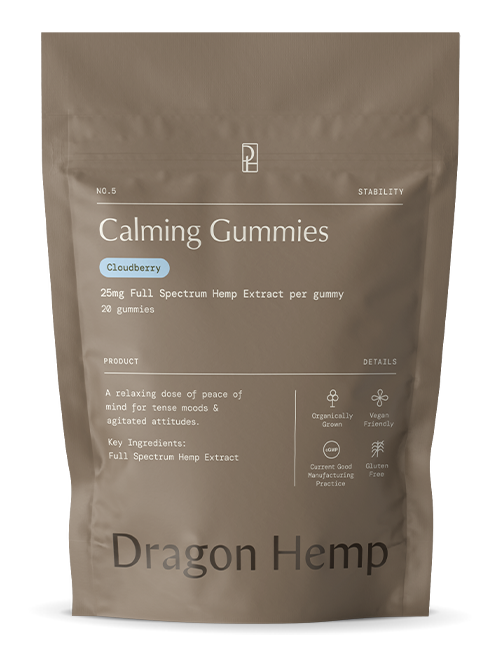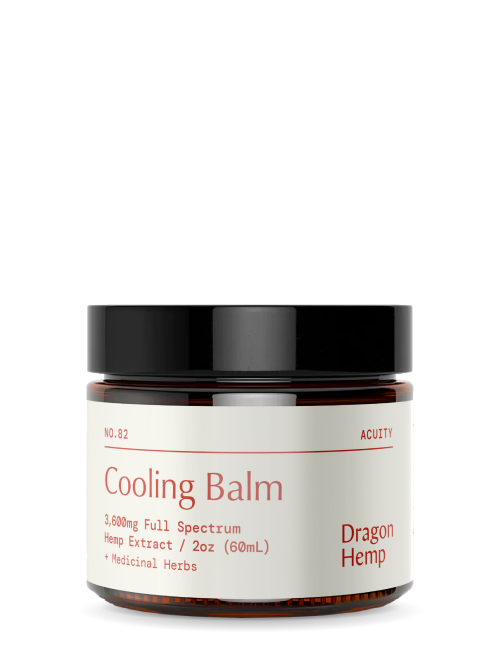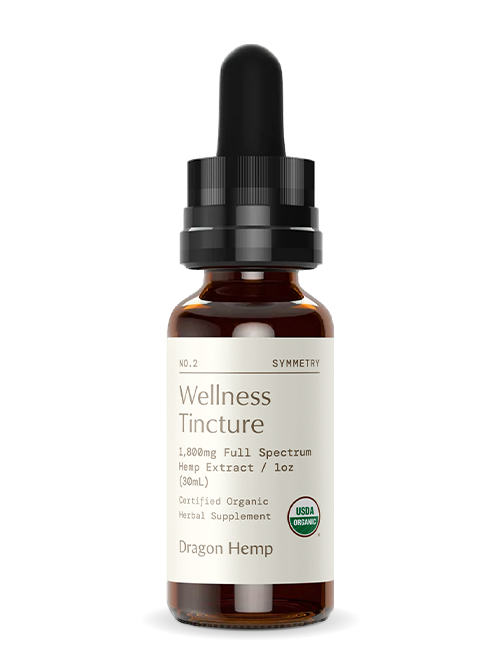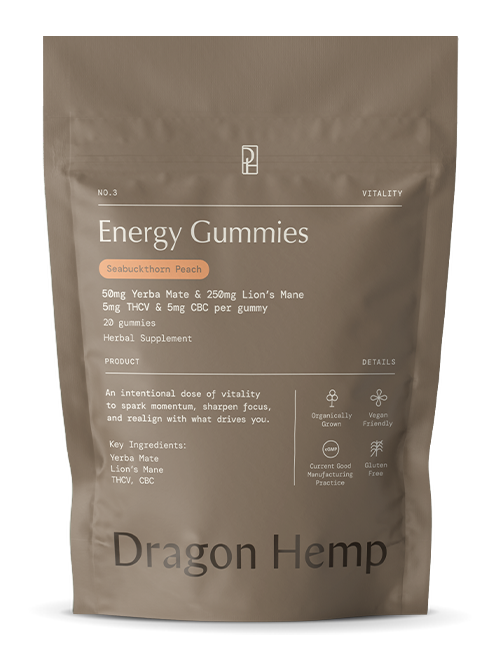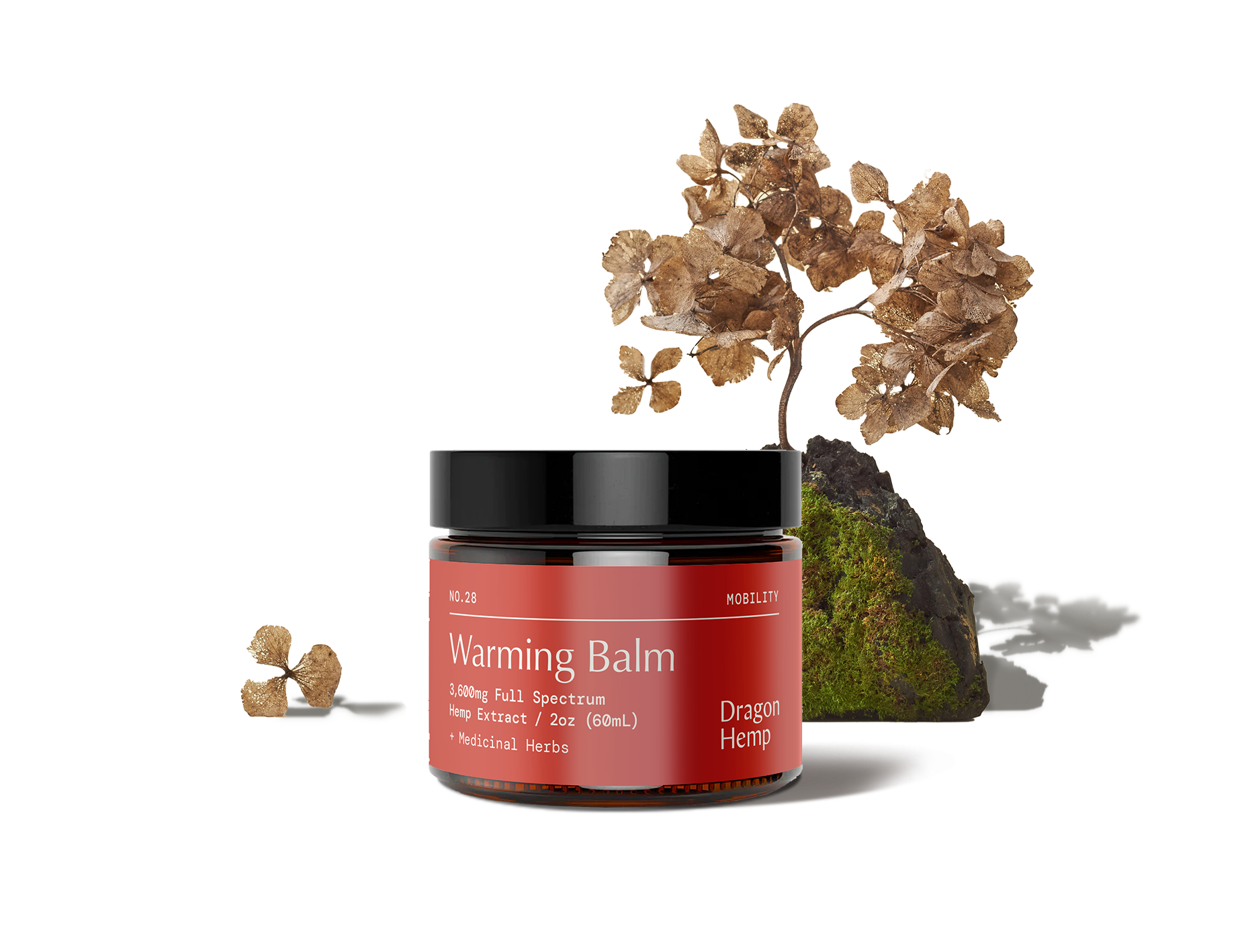
Is Delta 9 Legal In Indiana?
Delta 9 is the compound in cannabis that makes users ‘high.’ For this reason, it is strictly controlled at both federal and state levels. As it stands, your regular cannabis (marijuana) is illegal in the United States.
However, significant legislative changes have happened at the federal level that has had ripple effects throughout the 50 states.
Indiana is a strict anti-cannabis state, allowing only limited usage on medical grounds. Even then, it remains one of thirteen states with no substantive medical cannabis law. Furthermore, it is one of the few states that still metes out harsh penalties like jail time for simple possession.
Being caught with a single joint can easily earn you up to one year in jail, a $5,000 fine, or both! So, it goes without saying that if you live in the Hoosier state, you may want to be privy to its current cannabis laws.
That said, there have been noteworthy developments in the cannabis landscape in recent years that you should know about. This is particularly important if you are a cannabis user. So, without much ado, here is Indiana’s official position as far as the legality of Delta 9 is concerned.
Key takeaways
- Delta-9-Tetrahydrocannabinol (THC) is the primary psychoactive component of cannabis and also the most abundant.
- It is present in hemp in minute quantities, typically 0.3% or less.
- Due to its low Delta-9-THC content, hemp and its derivatives are federally legal across the United States.
- Similarly, hemp-derived Delta-9-THC is legal in most states, including Indiana, as spelled out in Indiana Code 15-15-13.
- Contrary to what most people think, hemp is NOT legal in all 50 states!
Delta-9-THC and Federal Law
Delta-9-Tetrahydrocannabinol (THC) is a cannabinoid compound in hemp or cannabis (marijuana). It is psychoactive, which is why the federal government keenly scrutinizes it.
Efforts to ban this compound go way back to the early 1930s. Legislations such as the 1930 Marihuana Tax Act and the 1970 Comprehensive Drug Abuse Prevention and Control Act consolidated hemp and cannabis under one name –marijuana.
Subsequently, hemp and cannabis have been in the most restrictive category of drugs with no permissible use, medical or otherwise. Of course, the political climate of the times played a huge role in illegalizing cannabis.
After the signing into law of the 2018 Farm Bill (also known as the Agriculture Improvement Act), two fundamental changes occurred in the cannabis landscape.
The first is that hemp is differentiated from cannabis based on its Delta-9-tetrahydrocannabinol (THC) content. This law redefines hemp and any of its parts as Cannabis sativa L. “with a delta-9-tetrahydrocannabinol concentration of not more than 0.3 percent on a dry weight basis.”
Secondly, it legalizes hemp farming and even allows hemp farmers to apply for research grants. It also makes them eligible for crop insurance programs.
Implicitly, it also means that Delta-9-THC derived from hemp is federally legal. But regardless of whether it is derived from hemp or cannabis, Delta 9 is essentially the same compound and induces the same bodily effects.
The challenge lies in structuring the law such that the concentration of ‘legal’ Delta 9 in hemp products stays low. This way, such products will be non-intoxicating, which is the true intent of the 2018 Farm Bill.
Indiana Delta-9-THC Laws
As already mentioned, Indiana is a zero-tolerance cannabis state. But the 2018 Farm Bill merely reaffirmed the state’s stand on Delta 9.
Four years before President Trump made the 2018 Farm Bill law, Governor Mike Pence had signed the Industrial Hemp bill, Indiana Code § 15-15-13, into law. This law permitted the production and regulation of industrial hemp in Indiana on condition that its tetrahydrocannabinol concentration does not exceed “three-tenths of one percent (0.3%) on a dry weight basis.”
Of course, there is a bunch of other conditions that anyone seeking to produce, process, transport, and test hemp must meet. These are covered under Sections 7 to 10 of the IC 15-15-13 rules.
Similarly, Indiana Code § 15-15-13-6.5 outlines the conditions under which hemp products are permissible in Indiana. This section defines a “hemp product” as a “product made from, or made by processing hemp or plant parts, including its derivatives, extracts, isomers, salts, acids, salts of isomers, and cannabinoids.”
Since Delta 9 is a cannabinoid derived from hemp, it is permissible in Indiana.
However, this section does not include smokable hemp as defined in IC 35-48-1-25.6 and products that have more than 0.3% delta-9-tetrahydrocannabinol concentration by weight.
Indiana House Bill 1043 further states that foods containing low-THC hemp extract are not considered adulterated. In other words, it is completely legal to infuse Delta 9 derived from hemp into foodstuffs like gummies, tinctures, and other edibles so long as the total delta-9-THC concentration is less than 0.3%.
In a nutshell, it is legal to buy, sell, and possess hemp products containing delta-9-THC in Indiana.
Is Delta-9 a Controlled Substance in Indiana
This depends on the source of the Delta 9.
If its source is a non-hemp plant or cannabis with more than 0.3% Delta-9-THC concentration, that would be a controlled substance under Indiana Code § 35-48-4-7. Typically, possession of such a substance may constitute a Class A misdemeanor or a Level 6 felony.
Indiana Code § 35-48-1-9 defines a controlled substance as a “drug or its immediate precursor listed in one of five categories or schedules of drugs.” Cannabis or marijuana are classified as Schedule I drugs and are deemed to “have a high potential for abuse and not approved for any medical use in the US.”
But since hemp is exempted from the definition of marijuana as per the 2018 Farm Bill and Indiana’s Industrial Hemp bill, it is not a controlled substance. By extension, its derivatives, extracts, isomers, salts, acids, salts of isomers, and cannabinoids (e.g., Delta 9) are not controlled substances.
Although this state does not permit both medical and adult-use marijuana, it allows hemp-derived CBD oil containing less than 0.3% THC content. But only patients with seizure disorders are eligible for this. It is a step in the right direction, but it still leaves out many other people who could benefit from a well-structured medical cannabis program.
Delta-9-THC Possession Limits in Indiana
With regards to delta-9-tetrahydrocannabinol derived from hemp, you will be glad to learn that it has no possession limits.
The only requirement for anyone buying Delta-9 in Indiana is they must be 21 years or older. Hemp products in Indiana are available in different forms and include gummies, tinctures, oils, balms, and creams.
However, if you want to travel out of state with a hemp product, play safe by checking its legality at your destination. Though hemp and hemp-based products are federally legal and should be permissible across the 50 states, some, like Idaho and the District of Columbia, are yet to legalize them.
Moreover, since states have their own laws governing hemp products, their legality and use may vary considerably. For example, hemp is legal in Kansas, but hemp products are not intended for human consumption but for industrial use only.
States like Utah disallow infusing hemp compounds in food, while in Hawaii, it is illegal to use smokeables or foods/supplements infused with hemp cannabinoids.
So, as you can see, there is still a long way to go before hemp is fully legal across the country. The only way to be safe is by researching and keeping abreast of the latest developments in the hemp industry.
Is Delta-9-THC Legal in Indiana
Yes, Delta-9-THC is legal in Indiana.
However, it must be federally compliant, meaning it must not contain more than 0.3% THC content by dry weight. Also, it must be derived solely from hemp.
Keep in mind that you must also be 21 years or older to purchase delta-9-THC products in Indiana legally.
The same applies to states like Wisconsin and Georgia, where hemp-derived Delta-9 is legal.
Where to Buy Delta-9 Gummies in Indiana
Due to the influx of hemp products on the market, it is becoming trickier to get good-quality Delta-9 gummies. Most of the products on the market are substandard if recent reports by consumer insight organizations are anything to go by.
For this reason, it is advisable to buy from reputable online brands like Dragon Hemp.
We specialize in developing unique hemp products blended with Chinese herbs and other healing botanicals for maximum efficacy and safety. Moreover, the ingredients used to make these products are clean-sourced, organic, and of high quality.
More importantly, our products are custom-tailored to support recovery, enhance performance, and restore overall well-being. With this in mind, our Delta-9-THC Chill Gummies offer the perfect getaway from a typical workday.
These delicious gummies come in two flavors, mojito (2.5mg of Delta 9 per gummy) and grapefruit (5mg of Delta 9 per gummy). They also contain a super-concentrated blend of other natural cannabinoids like CBD, CBDV, CBC, and CBG, not forgetting the aromatic terpenes that ensure an authentic cannabis experience!
So, whether your goal is to chill out and relax in the evening or elevate your mood for a night out with friends, these edibles will help.
While you are at it, check out this video to learn more about Delta-8-THC and what Indiana’s state laws say about it. Also, click here to check out our full range of hemp products and learn how they can help with various health issues.Feel like yourself again.
Peruse our collection of plant-based therapeutics blending time-honored herbal remedies with next-generation cannabinoid extracts.







